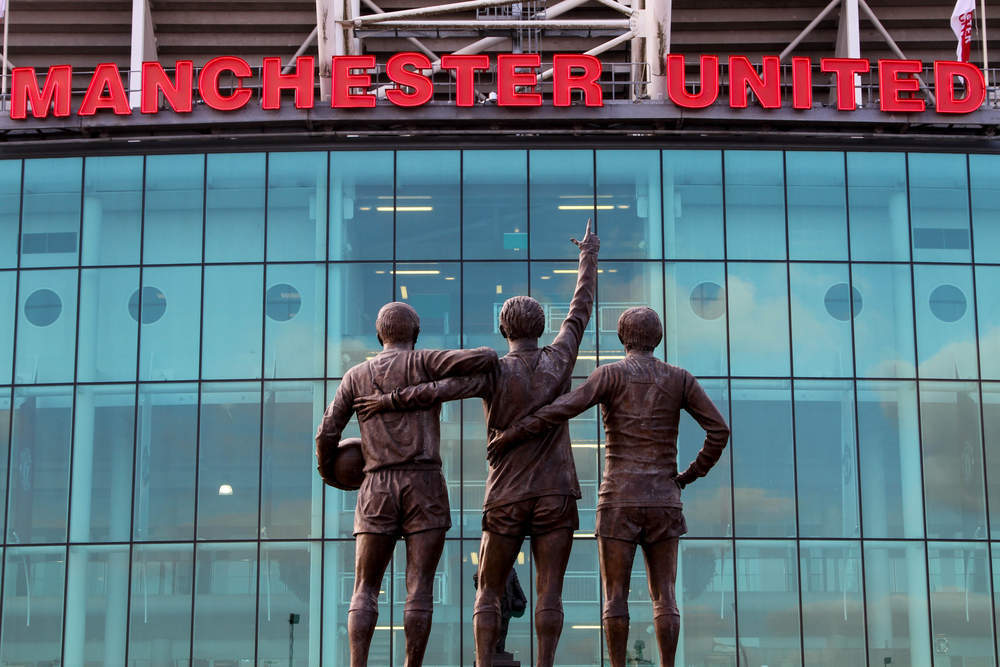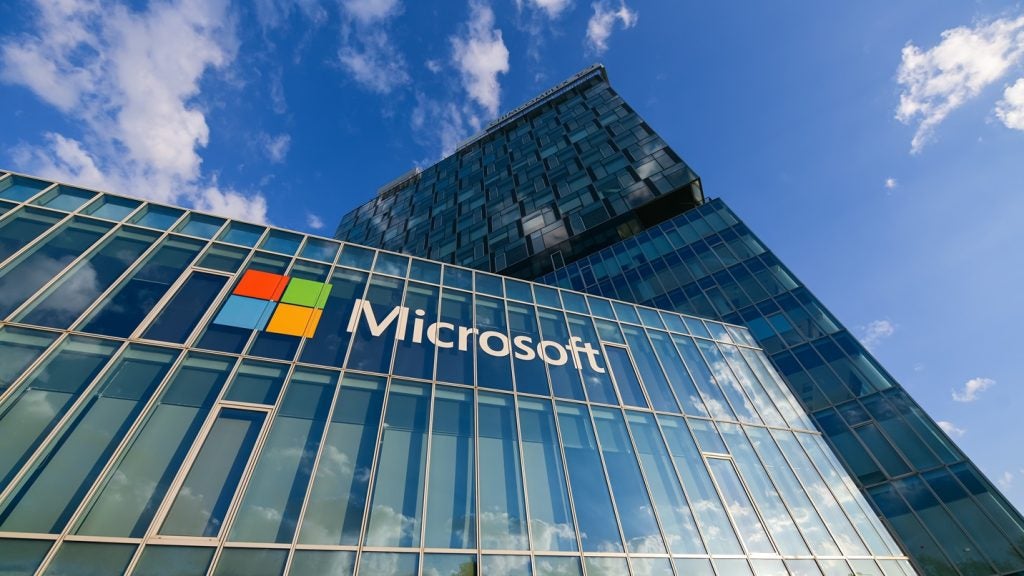
“Ed Woodward: A specialist in failure” flew over Old Trafford on Sunday evening as Manchester United secured a 2-0 victory over Burnley to get their Premier League campaign back on track after back-to-back defeats against Brighton and Tottenham Hotspur.
Woodward, Manchester United’s chief executive officer, oversees the operations of the club. However, fans feel that he is failing to perform his current role effectively.
The criticism aimed at Woodward follows a disappointing transfer window in which just three new players were brought in. According to reports, Woodward had vetoed a list of targets given to him by club manager Jose Mourinho.
A disappointing start to the season has done little to ease tensions. Many feel that Woodward and the club’s board are putting commercial success ahead of victory on the field.
Regardless, to call Woodward a specialist in failure is a little extreme. His past is littered with successes, both in football and away from the sport.
Climbing the ladder
After graduating from the University of Bristol with a degree in physics, Woodward retrained as a chartered accountant, before starting his first job as an advisor in PricewaterhouseCoopers’ accounting and tax department.
How well do you really know your competitors?
Access the most comprehensive Company Profiles on the market, powered by GlobalData. Save hours of research. Gain competitive edge.

Thank you!
Your download email will arrive shortly
Not ready to buy yet? Download a free sample
We are confident about the unique quality of our Company Profiles. However, we want you to make the most beneficial decision for your business, so we offer a free sample that you can download by submitting the below form
By GlobalDataAfter six years in the job, he stepped up into an investment banker role with J.P. Morgan and Co. in the merger and acquisitions department. While there he would meet the family that threw him into the limelight.
The Glazer family already owned close to 30% of the club when they approached J.P. Morgan in 2005. However, the Glazers were interested in launching a formal takeover bid. Woodward was put in charge of orchestrating the deal.
By May, the Glazer’s Red Football company had bought out a number of key stakeholders, taking their share to 76%. By the end of June, they had bought up the 98% required to force a compulsory purchase of the remaining shares and take total control of the club.
The Glazers were seemingly happy with the final price, approximately $1.5bn, and offered Woodward a job at Manchester United.
After two years as a financial planner, he was promoted to take charge of Manchester United’s commercial and media operations, where he helped to turn the club into the financial powerhouse that it is today.
His success landed him a place on the board in 2012. Within 12 months he had moved into the top job, succeeding David Gill as the CEO of Manchester United.
In his current role, Woodward works more on the sports side of the operation, negotiating player contracts and securing transfers. Many feel that he is failing to do that effectively (despite orchestrating huge deals for the likes of Paul Pogba, Zlatan Ibrahimovic, Romelu Lukaku and Alexis Sanchez in recent seasons). Yet, his list of personal successes speak for itself.
Boosting balances
Financial services company Deloitte named Manchester United as the highest-earning club in football earlier this year, with revenues of €676.3m in the 2016/17 season.
Some 48% of that revenue came from commercial deals, totalling €325.2m of the club’s total revenue.
Woodward is largely to thank for the club’s commercial success. The board put him in charge of commercial and media operations in 2007, a role that he would hold for five years. When the Glazer family purchased the club in 2005, commercial revenue stood at $48.7m. However, by 2012, Woodward had seen that more than double to £117.6m.
Data provided by sports market intelligence company Sportcal shows that Manchester United agreed approximately six new sponsorship deals in the three years prior to Woodward’s stint as head of commercial operations. In the three years following his promotion, Manchester United signed 18 new sponsorship deals.
Even if Manchester United isn’t performing on the pitch, it is Woodward that has kept the club at the top of the revenue table.
Conrad Wiacek, Head of Sponsorship at Sportcal, told Verdict:
“Ed Woodward’s ability and the role he has played in the commercialisation of Manchester United, which in turn has helped to realise the vision the Glazer family had for the club when they purchased it, should not be underestimated.”
Changing the game
Woodward’s biggest success is the diversification of the club’s sponsorship portfolio.
Manchester United splits its sponsors into four distinct groups: global partners, regional partners, financial partners, and media partners. Each of these groups offers different incentives to the club, such as broadcasting games in foreign territories, or helping to promote the brand in target areas.
Manchester United has an official nutrition partner in China, Japan, and the United Kingdom. It has drinks partners in Nigeria, China, and Indonesia.
These deals work at a regional level to promote the Manchester United brand in those specific countries. They don’t pay as much as the club’s most lucrative deals with adidas ($75m annually) or Chevrolet ($50m annually). However, the sheer number of them means that the revenue that they generate quickly adds up.
According to Wiacek, Woodward’s way of working is now industry-wide. The biggest clubs in the world are now using similar methods in order to keep up with Manchester United.
“Not only has Woodward managed to diversify the sponsorship portfolio,” Wiacek said. “He has created a model which is now the norm for every other commercially successful football club.”
Categorising partners isn’t a new idea, he explains. In fact, it is common in the United States sports industry. However, Manchester United were the first to do it on such a large scale.
Wiacek said:
“While creating category partners is not a new idea, especially in US sport, Woodward and Manchester United have managed to take that to the next level through the creation of regional or country specific partnerships.”
The frustrations of Manchester United’s fans is understandable, as too is the anger directed at Woodward. His promotion to CEO coincided with former manager Sir Alex Ferguson, the source of so much of the club’s success, stepping down. The trophies since have been few and far between.
Perhaps that is in some way Woodward’s fault, but a specialist in failure? In the Glazers’ eyes, definitely not.







